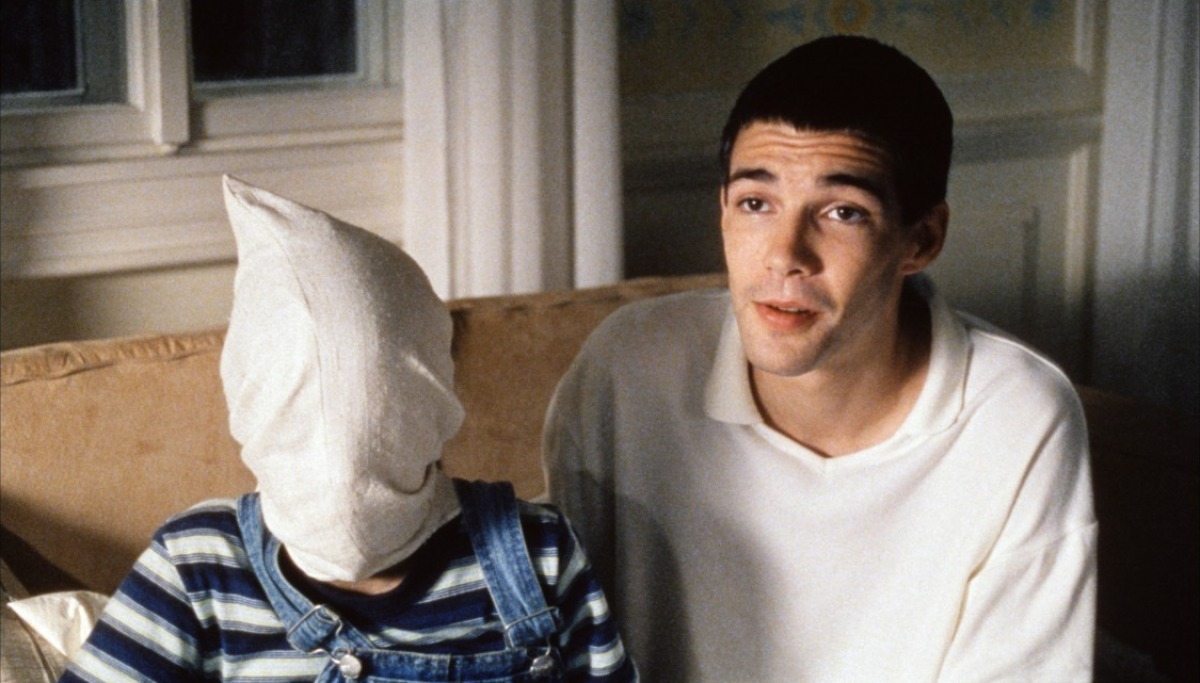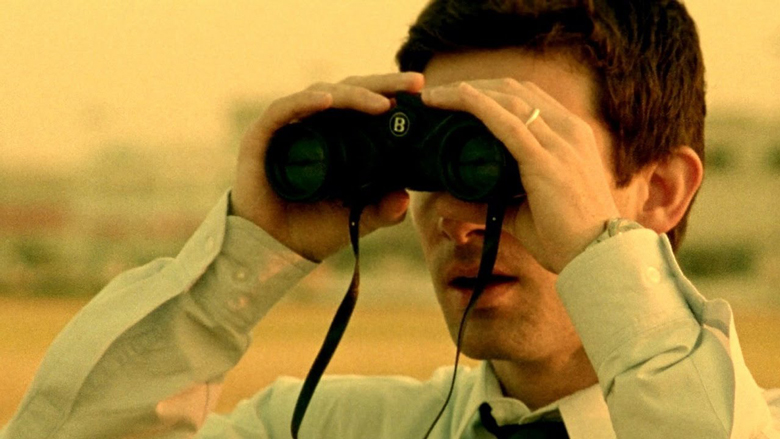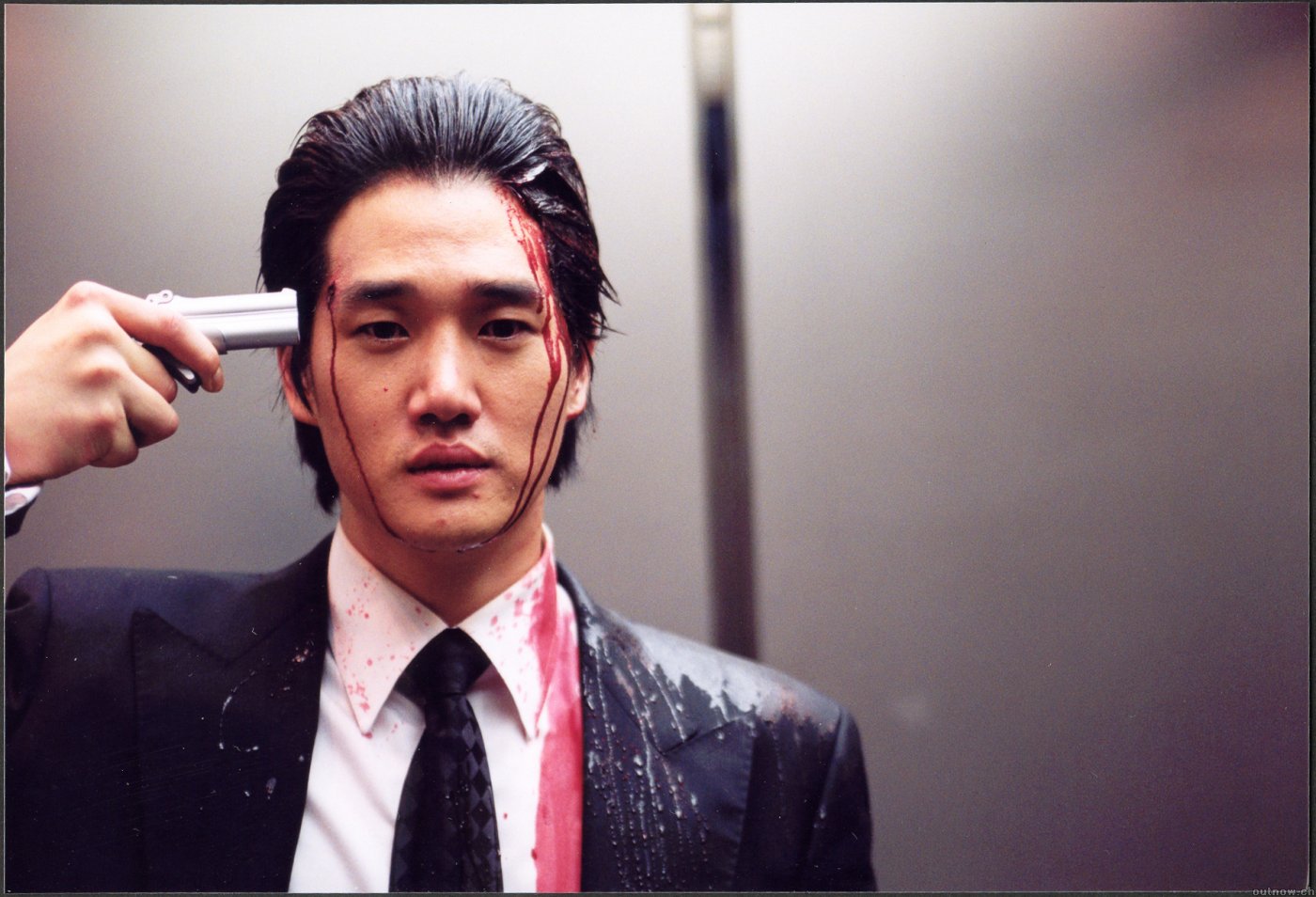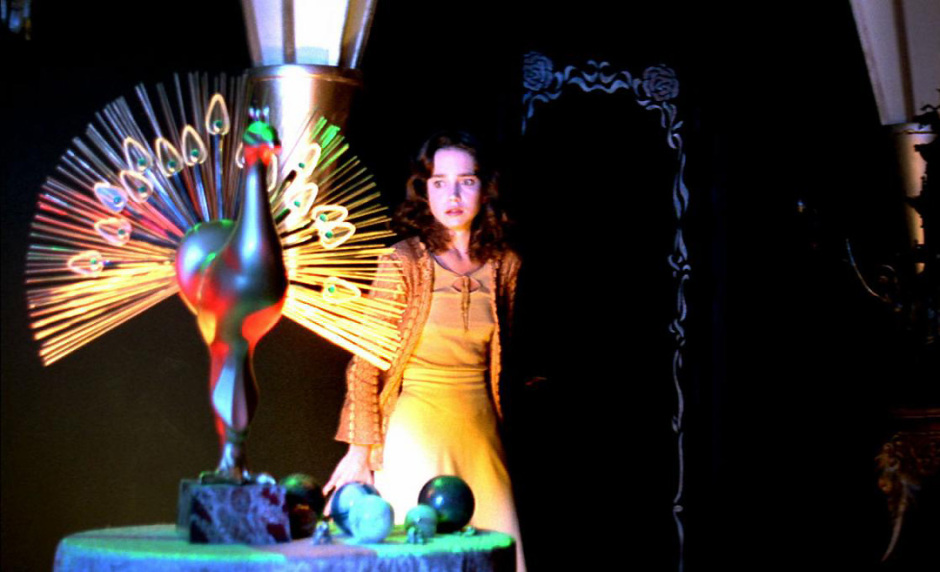
The words “anti-audience” are often employed to describe works of cinema that exist at the viewer’s expense, pieces that were created for the sole purpose of confusing and tricking the audience. On the other end of the spectrum exist works that cater to the audience to a degree of condescension, that hold their hand while wasting screen time explaining things instead of showing them.
A fine balance can be found, however, in the works of cinema that invite the audience to be disoriented and confused for their own benefit. In allowing them to experience some degree of discomfort, a film is offering its audience a new dimension of cinematic experience. After all, do we not experience the uncanny and the unexplainable outside of the movies?
1. The Beach Bum (2019)

Given the mixed critical response that Spring Breakers (2012) received, not to mention the tepid audience reception, it is somewhat surprising that Harmony Korine decided to bring us another beach feature. This is not to say that audiences and critics welcomed the film with open arms.
Korine’s latest work purports to be a nonsensical tale of a scruffy, intoxicated, has-been poet Moondog, played by Matthew McConaughey, whose vagabond lifestyle is made possible by his trust-funded wife (Isla Fisher). The film promises a wandering array of interwoven plots with a stacked cast including Snoop Dogg, Zac Efron, Martin Lawrence, Jonah Hill, and even Jimmy Buffett.
Much like Spring Breakers, what the film does not promise, but delivers in droves, is an omnipresent nihilism that drenches every seemingly lighthearted antic. Our protagonist is so chaotically void of any ultimate motivation that the movie slips between the cracks of any obvious linear plot, leaving the audience to wonder why every undertaking seems empty despite its obvious grandeur.
What shred of plot the movie contains ping pongs gracefully between tragedy and frivolity, while Moondog’s emotional response to each is eerily interchangeable. The movie introduces the death of a main character as an early plot point, and only teases an overarching motivation for Moondog (money).
However, it comes to light that an exorbitant amount of money is about as much of a call to arms for Moondog as a beer. The proverbial rug is pulled from under the audience’s feet with finality when Moondog squanders the object of his almost 95 minute dream logic pursuit. The Beach Bum forces us to ask the question, “what meaning can one derive from one’s own life when all materially needs are satisfied”.
Korine takes a character whose only seeming motivation is to have fun, and forces him to live two lives – one of excess, and one in which he has nothing to lose; the unsettling outcome is that sometimes they are indistinguishable. Korine did not give us the tropical equivalent of a stereotypical stoner movie, but a lesson in nihilistic abundance.
2. Funny Games (2007)

Michael Haneke’s 2007 shot-for-shot English-language remake of his own 1997 Funny Games is a movie about what it isn’t about. A family on vacation find themselves at the whim of two young serial killers whose end goal is as elusive as it is threatening.
There is little to no dramatic irony throughout the film, leaving audiences forced to empathize to an uncomfortable degree with the victimized family. The two antagonists capitalize on the family’s fear to the point of almost inaction, giving rise to the question of the function of fear and its cinematic locus.
The crux of Funny Games lies in the idea that we expect a slasher film of some sort, and are left wondering whether or not Haneke catering to these expectations would render the work more or less unnerving. Haneke’s film is in essence a complement to violent works of horror, more or less relying on its contemporaries to fuel the tension that arises as viewers find themselves wishing for the worst and dreading it at the same time.
A frequent mistake made by horror filmmakers is either early revelation of the monster itself, or an over-explanation of the monster’s motivation; when you have no clue what a threatening being wants, you have no way of predicting any of its subsequent moves – and are rendered powerless, with no hope of defending yourself physically or even mentally.
3. Primer (2004)

Of all the films that require fan-made diagrams for full understanding, Primer is one of the few that does not force audiences to expend an unreasonably amount of energy decoding a cinematic logic puzzle.
The film centers around four engineers who are working on an invention in a garage and discover, somewhat incidentally, that the machine can be used to warp time. What ensues is a meticulous array of attempts to decipher the mechanism of time travel they have discovered without upsetting the delicate balance of co-existence with their past and future iterations of their selves.
While the plot is complex and no doubt leaves one trying to string together different overlapping events with some difficulty, having a full understanding of every element of the plot is not foundational to enjoying the film. The tone of the film shines through any muggy technicalities, and the audience is able to fully appreciate the uncertainty characters feel in the face of something as daunting as the nature of time itself.
In a way, the intricacies of Primer are what give the film its simplicity, along with the fact that it is exceedingly sparse. The aim should not be to turn a non-linear plot into a linear one, but to appreciate the impossibility of grasping something of such magnitude. Grasping the impossibility of understanding the finer points requires a degree of mental finesse in and of itself.
4. Old Boy (2003)

Park Chan-wook’s Old Boy presents itself as a tale of taboo and revenge that wants to keep the viewer in the dark before ultimately tricking them. The movie begins with Oh Dae-Su, a businessman who is imprisoned for 15 years only to be released to a mysterious string of clues about his captors. Revealing the mystery of his captivity becomes an ultimatum within the film itself, as if the characters are set with uncovering the nature of the film they have found themselves in.
However, it comes to light that the revelation may be more painful than ignorance. After a painstaking and violent endeavor to discover his captor’s motive, Dae-Su scrambles to undo the effect of this knowledge. With every characters achievement of revenge, a greater despair reveals itself.
In the end, we find that seeking truth for its own sake does not undo the tragedy that lead to its influence. In a sense, the characters are punished not only for their desire for retribution, but for their hubris in seeking explanation for their suffering.
It is uncertain if Dae-Sue achieves the peace he seeks, but we are left feeling uneasy with the decisions he makes, and the ones he doesn’t. On the one hand, he must suffer at the hands of knowledge, while on the other, he must anguish over the atrocities he was forced to commit.
5. Suspiria (1977)

Dario Argento’s 1977 horror film gives no respite. The film centers around Suzy Bannon (Jessica Harper), an American ballet dancer who is attends a German dance academy only to witness a string of horrors unfold at the behest of the academy’s administrators.
Colorful imagery that borders on psychedelic evokes a disorienting paranoia decorated by moments of intense gore. The soundtrack (by the prog-rock band Goblin) combines an ethereality that at times seems to take on the quality of narration. This combined with the occasional recession of plot takes away any grounding a viewer might have in watching the film.
As an audience, we are not only watching a character isolated and engulfed by terror, we are tormented as well. There are spans of time when the film is visually and auditorally overwhelming, allowing setting and soundtrack to become characters in and of themselves.
In fact, the score was created prior to filming, the film itself created around a pre-existing soundscape, which lends the film a sense of rhythm and impending doom. The inescapability of its sensory qualities draws you in whether you’re willing or not.